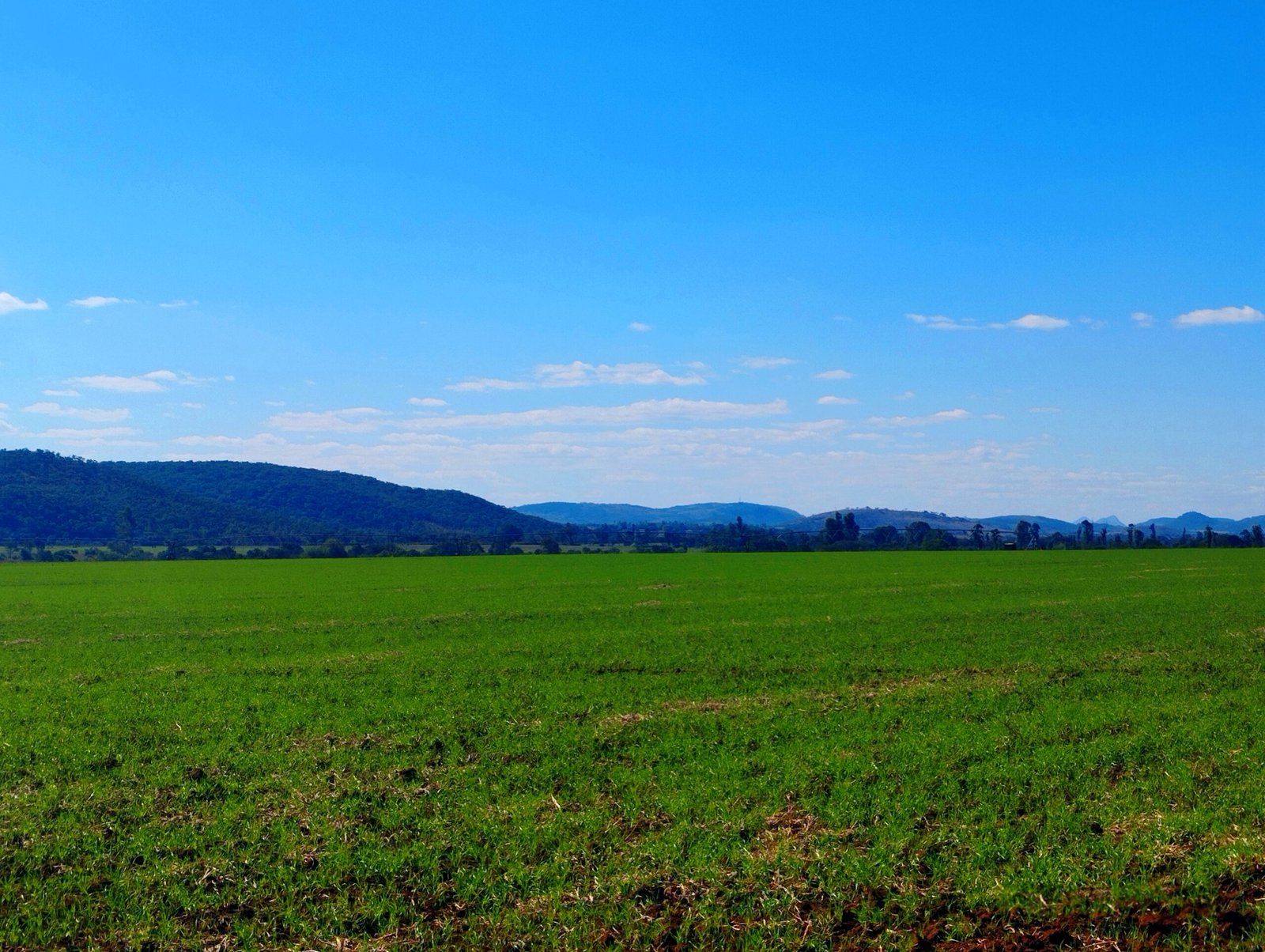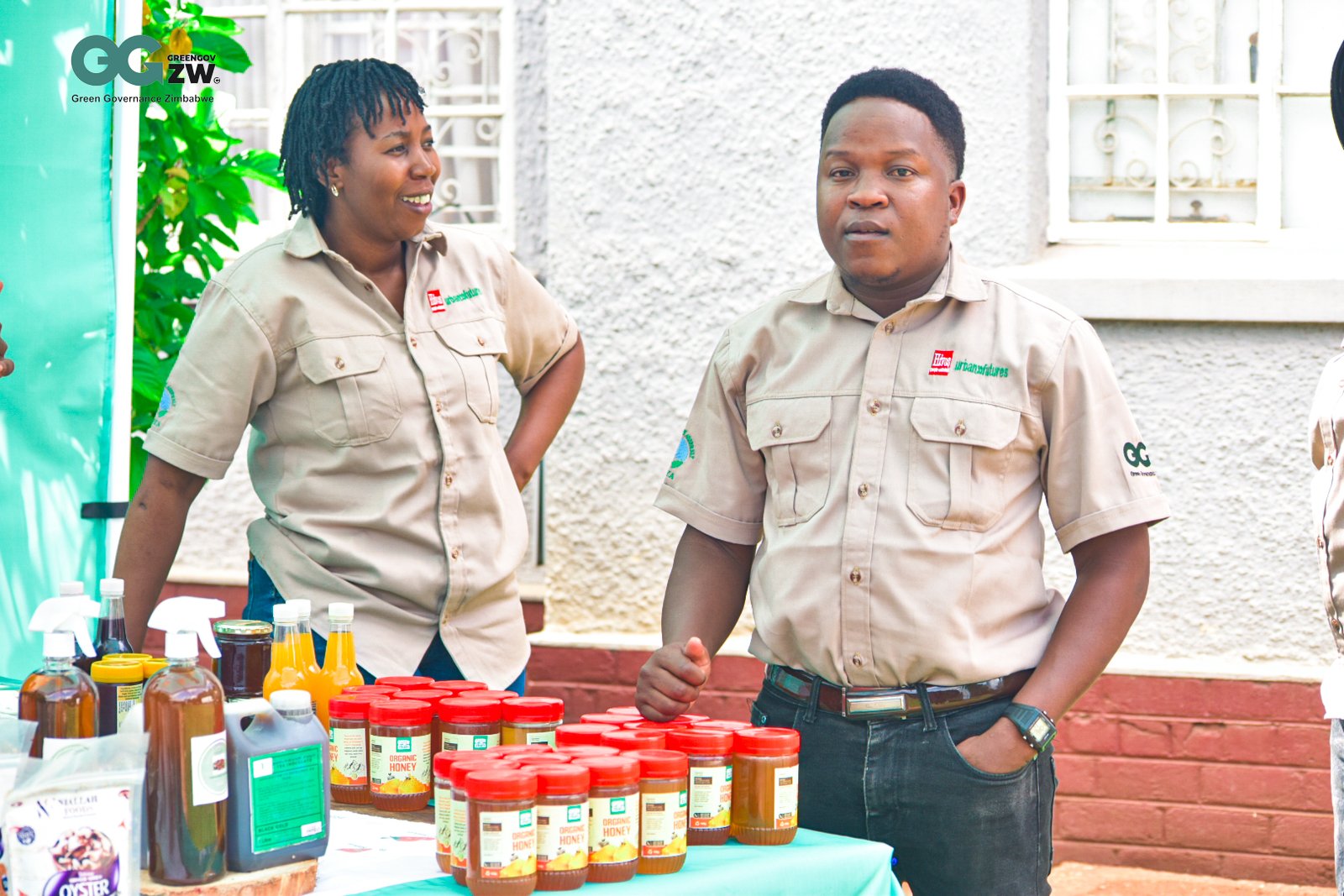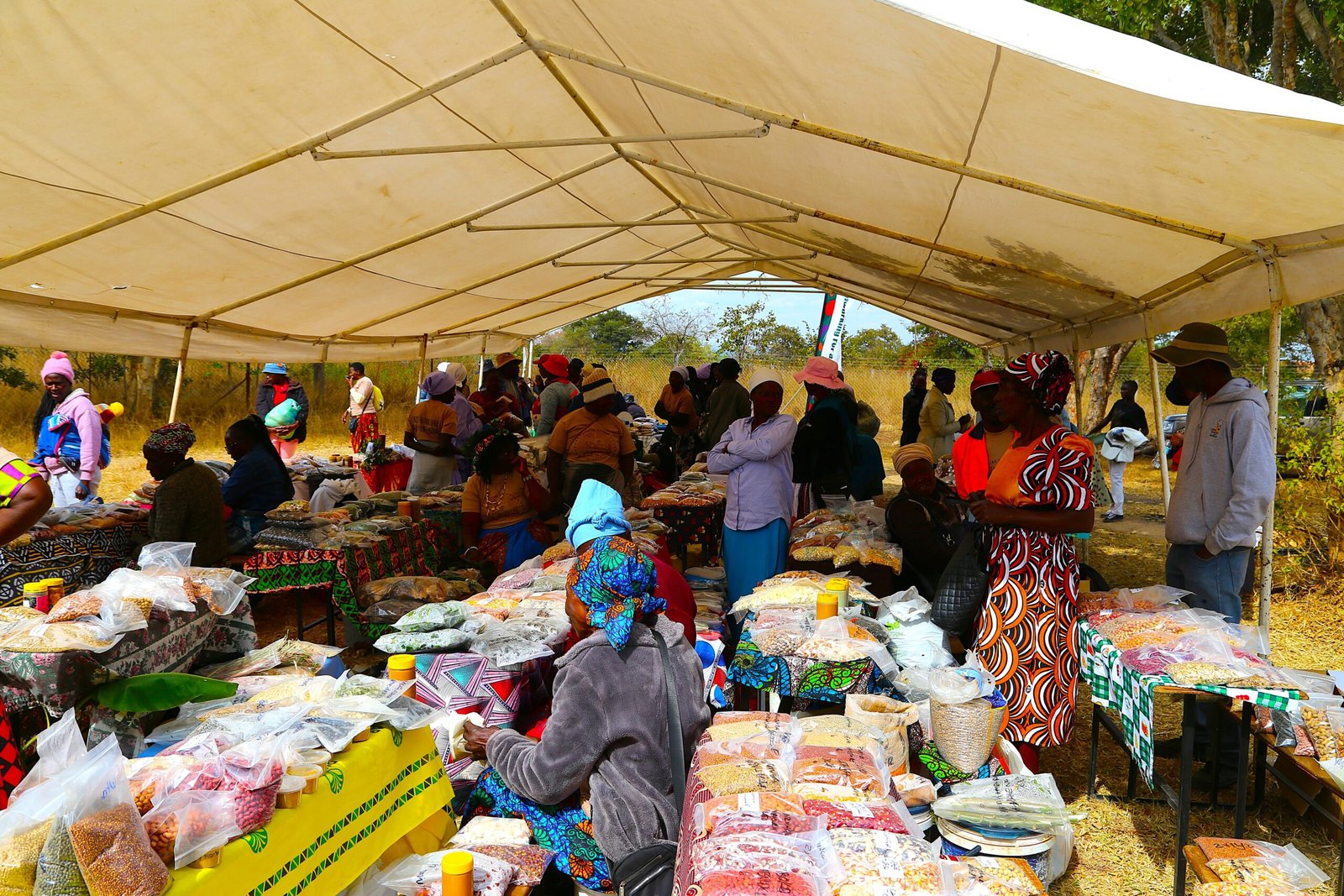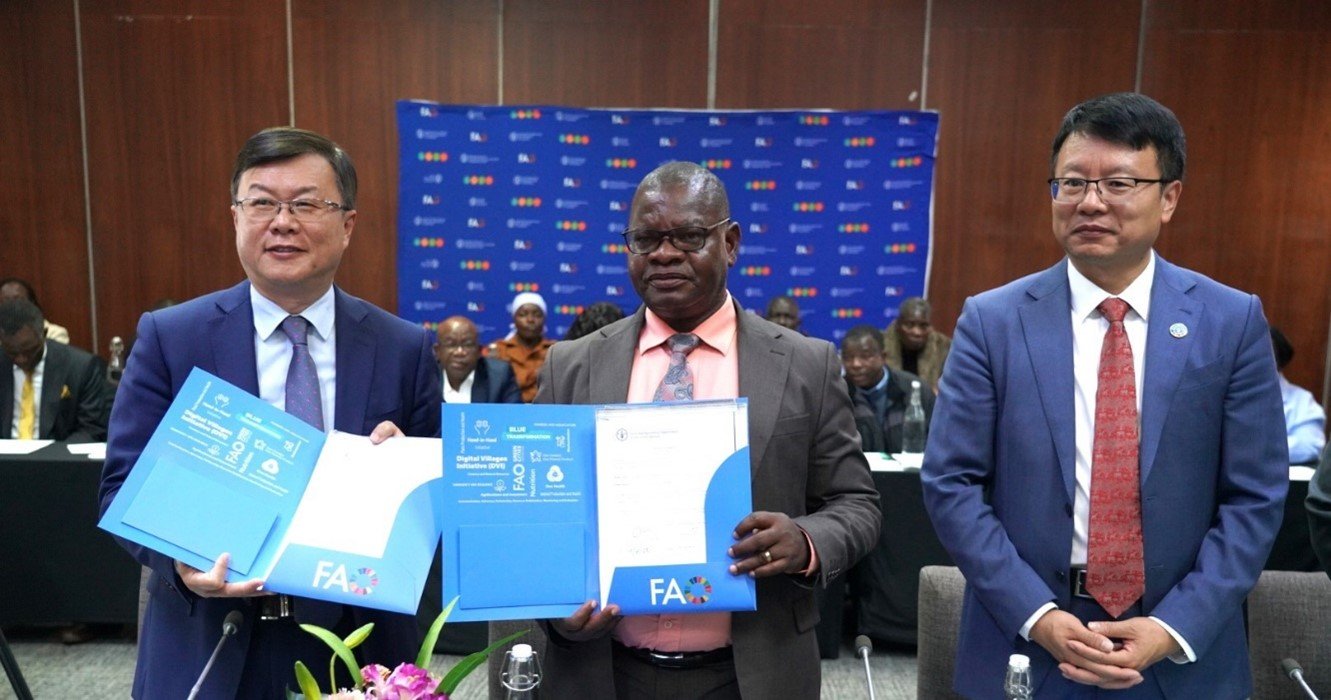The Government has extended the wheat planting season, and is urging farmers to switch to short-season varieties to mitigate yield losses from delayed planting.
The initial wheat planting window, which closed on May 31, was disrupted for many farmers due to adverse weather conditions and delays in maize harvesting. In response, the government has extended the deadline to June 15.
During a recent assessment tour in Mashonaland East, Tyrone Estate Farm, Permanent Secretary in the Ministry of Lands, Agriculture, Fisheries, Water and Rural Development Prof Obert Jiri said farmers planting wheat late in the season should use very short season varieties, to minimize yield loss and ensure the crop matures before the onset of the rainy season.
“Farmers should now target the very short-season varieties, so that they will not get into the rain season,” he said.
By the end of May, 85,017 hectares of wheat had been planted, against a national target of 120,000 hectares. However farmers still have an opportunity to plant the remaining 35,000 hectares needed to meet the national wheat target.
“Those 35,000 hectares that are outstanding from our target, they can now be planted. And we are seeing farmers busy planting and catching up with what they have not done. So, a lot of our farmers, big and small, are still really planting, and it is within the planting window,” Prof Jiri said.
Cool weather and delayed maize harvesting, along with resource and utility challenges, have disrupted wheat planting for many farmers. Prof Jiri believes the revised deadline gives farmers a chance to close the gap.
“We know for certain that farmers have been affected by the cool conditions, which have delayed the drying of maize in the field. As a result, much of the maize is still standing due to high moisture content and cannot be harvested yet. We want those farmers to also be given the opportunity to plant.
”Zimbabwe has been trying to boost domestic wheat production to reduce reliance on imports. Improved farmer participation and access to suitable wheat varieties has been sighted as key to achieving food security.
“We cannot continue to import wheat or flour, and we want our farmers to make their mark by contributing to this patriotic endeavor of growing wheat. The ministry is saying, let us give farmers the chance to continue planting until the 15th of June,” he added.
Host farmer Mr Noel Mangondo said wheat cultivation on his farm had increased from 56 hectares last year to 106 hectares this season, attributing the growth to government incentives and support.
“We have done quite well compared to the previous year. As you can see, we have almost doubled our hectares.We are now 106 hectares. Last year, we had 56 hectares. This is due to the incentives and the facilities that have been laid for the farmers by the government.”
Zimbabwe is making strong progress in wheat production, and farmers are being encouraged to continue planting until June 15, using expert-recommended strategies to overcome challenges associated with late planting.
“In terms of production of wheat, I think Zimbabwe is doing very well. I would like to urge my fellow farmers to continue planting as has been advised by the experts, to continue planting until the 15th. There are so many ways that you can try and overcome the shortened period due to late planting.”





